30 years of BAMBA - More than just bands
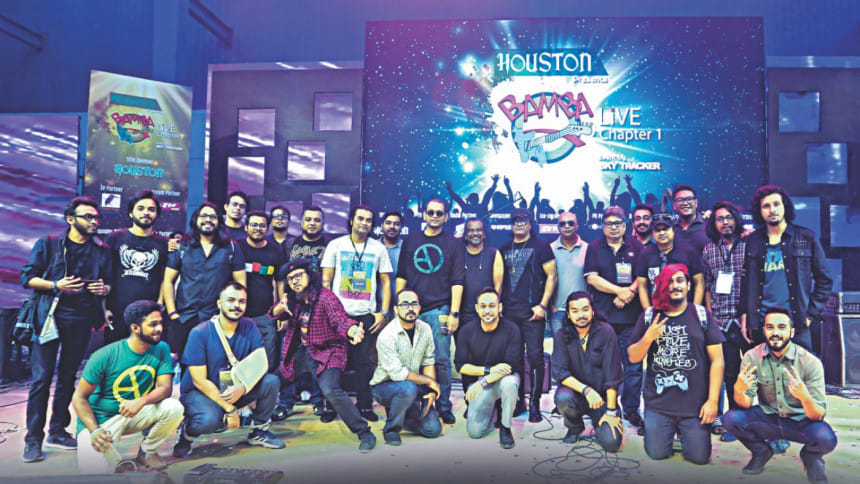
Tell us how BAMBA came into being.
Maqsoodul Haque (Mac): It was the drive to help the flood victims of 1987 which led to the formation of BAMBA. My friend Rebecca Hossain, who was also Hamin's friend, was visiting Dhaka from abroad in 1987, when she suggested an initiative to assist the flood victims. It was decided that a three-day charity concert will be arranged at the Sheraton Hotel by the leading bands. Renaissance, Miles, Images and other bands joined the concert. A total of BDT 2.5 lac was raised at the concert and donated for the rehabilitation of the flood victims. A similar initiative was also undertaken in 1988, when BAMBA organized a two-day charity concert and donated the amount collected to reconstruct the houses of some flood victims in Manikganj area. BAMBA has played a pivotal role in popularizing band music among the audience in Bangladesh. BAMBA has organized multiple charity concerts, open-air concerts and indoor concerts over the years and have hosted a couple of music reality shows, creating platforms for promising bands.
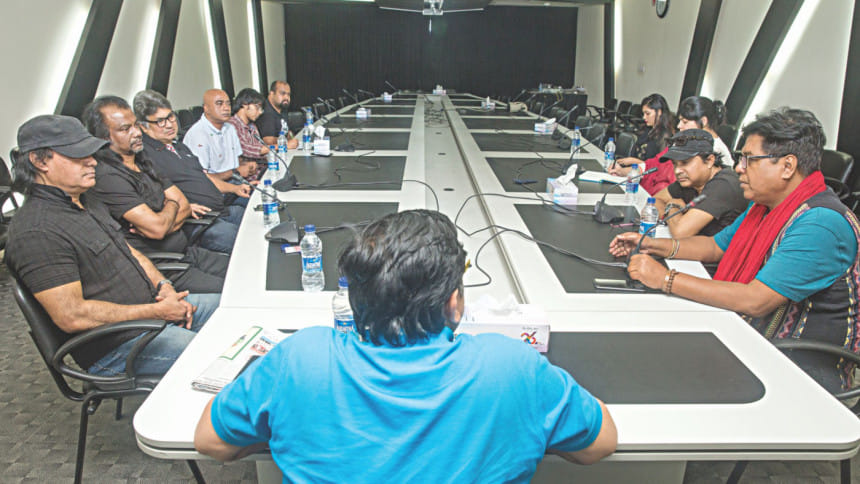
What's keeping BAMBA busy these days?
Hamin Ahmed: BAMBA is currently working on generating awareness regarding intellectual property rights in the music industry. BAMBA's focus is more than just arranging concerts. For nearly nine years, BAMBA has been battling the growing menace of piracy affecting the artists of the music industry. Piracy has taken a huge toll on the efforts, morale and livelihood of the artists in the music industry by depriving them of their right to their own creations. It is essential now to create awareness about the issue among the stakeholders, especially the deprived artists and empower them to overcome this problem.
Maqsoodul: Artists are being deprived of their rights every day in our country. Neither the radio stations airing songs, nor companies playing them every minute of the day for their commercial gains, pay royalty to the artists. And the stores selling pirated music in hard drives or websites hosting free downloadable music are only adding to the problem.
Hamin: Artists, singers, lyricists and composers these days are facing a huge problem in ensuring copyright of their own creations. In order to address this issue, BAMBA has held discussions with all relevant stakeholders.
BAMBA had extensive talks with World Intellectual Property Organization (WIPO) and International Confederation of Societies of Authors and Composers (CISAC) regarding intellectual property rights and related issues in Bangladesh. Over the years, BAMBA has worked with the LCS (Lyricists, Composers, Singers) Guild of Bangladesh to secure the CMO license, and formed Bangladesh Lyricists, Composers and Performers Society (BLCPS). The CMO license enables us to legally act in the interest and on behalf of the original owners' creations. Bangladesh is a culturally aware nation, and it is unfortunate that this problem of piracy is worsening by the day, affecting the work being produced in our music industry. Although BLCPS has managed to secure the CMO license, we are still a long way from fully implementing its rights. The guidelines set by WIPO is adhered to in most countries, but we are still far behind.
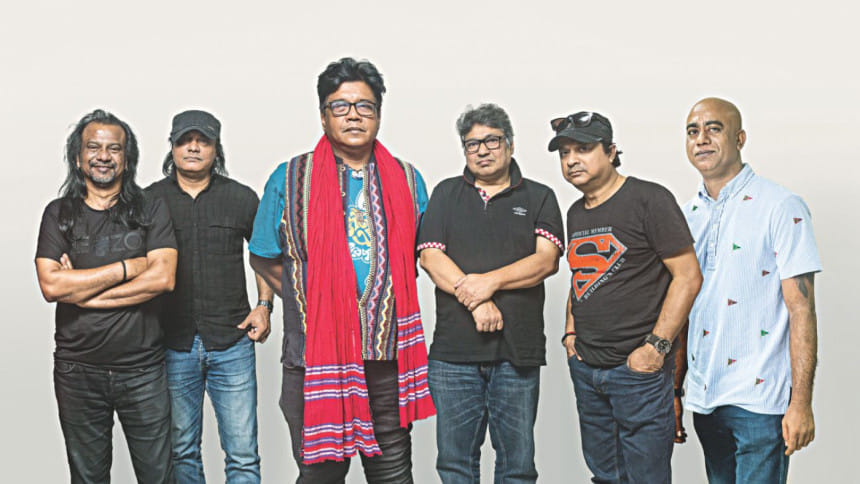
Mohammad Ali Shumon: These days even the distributors are taking advantage of the artists. Artists do not give up their right over their creations when they allow the distributors the right to sell their music.
Fuad Naser Babu: It is essential to fully implement the WIPO guidelines to ensure the rights of the creators. Otherwise, the music industry will suffer greatly. At this point, the morale of some of the artists are very low, given the scenario and the number of CDs being released every year has declined significantly.
Monirul Alam Tipu: In the earlier days, fans used to wait for bands/singers to release their albums; these days, they only wait for singles to be made available for free streaming on the internet.
Hamin: People living in the far corners of the country who do not have easy access to internet still want to buy CDs. However, due to the pressures of piracy, many bands/artists have stopped releasing CDs altogether. Who is really getting paid for all the free airing and streaming of music – who is benefitting from these?
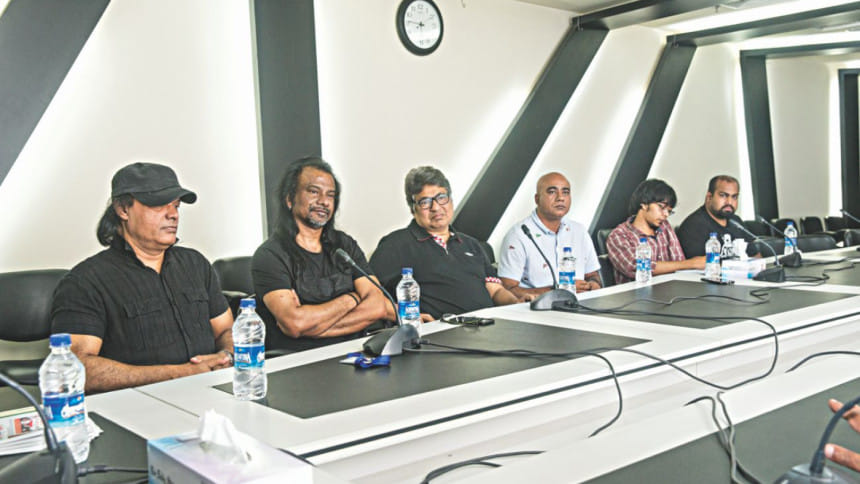
Why did it take BAMBA four years to arrange a mega concert?
Hamin: The main aim of BAMBA right now is not to arrange concerts; but it is to work towards ensuring proper implementation of the intellectual property rights of the artists working in the music industry of Bangladesh, including the singers, lyricists and composers.
Maqsoodul: Apart from the pressure of current activities, the lack of venues is also a reason why BAMBA is not able to arrange concerts more frequently.
Doza Alan: Securing permission to use stadiums to arrange open-air concerts is a very challenging task, and the available indoor auditoriums are not big enough to accommodate the fans. Therefore, often the lack of venues acts as a hindrance while arranging a concert.
Tipu: This reminds me of a fond memory. Back in 1992, when BAMBA had organized a concert at the WVA auditorium, all the four locks of the gate broke open at the same time, creating a thunderous noise! The loud sound was due to the pressure of many people entering through the gate, which was an amazing sight to behold.
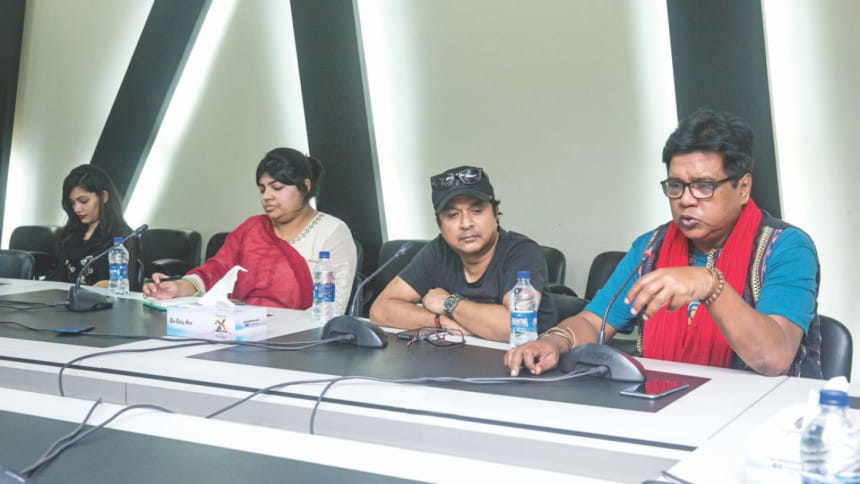
What are the future plans of BAMBA?
Hamin: Apart from securing the CMO license, BLCPS has also registered with the Copyright Office under the Ministry of Cultural Affairs. The current government has been very supportive of initiatives involving intellectual property rights and related issues, which has given our work and morale a significant boost, but much more needs to be done to help every creator have rights over their creations in the music industry.
Babu: The current government, especially Asaduzzaman Noor, Hon'ble Minister for Cultural Affairs, has been very sympathetic towards our cause for intellectual property rights and has provided support to our initiatives. The laws of this country are also favorable towards the artists, and it is essential to ensure its stringent implementation to curb piracy for good.
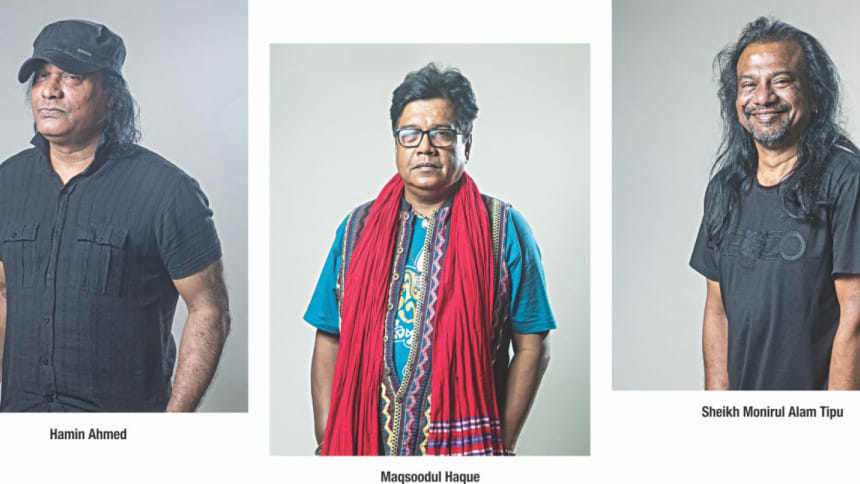
The roundtable ended on a positive note, with the participants expressing optimism in overcoming the challenges the music industry is currently facing. Mohammad Ali Shumon summarized that, with the support of the government and the artists and proper execution of our laws, it will be possible to restore the right of every artist over their creations, ensuring a sustainable future of our music industry.
Star Showbiz wishes BAMBA every success in its future endeavors.
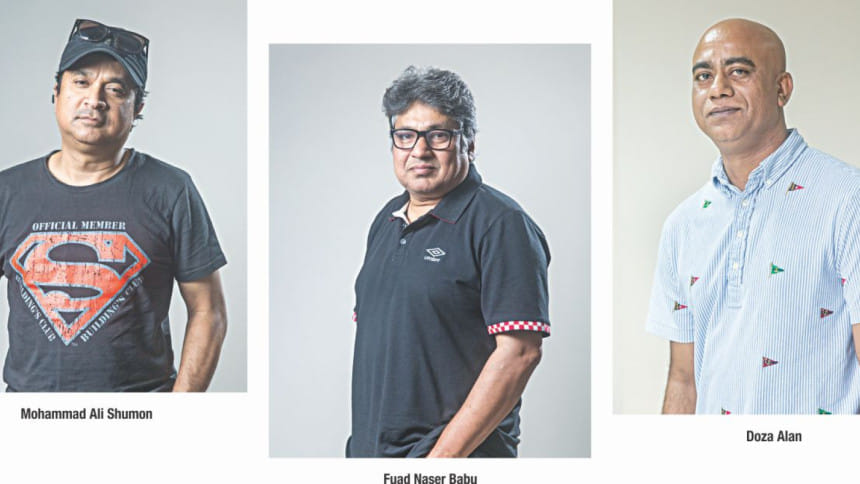
Star Showbiz Desk










Comments